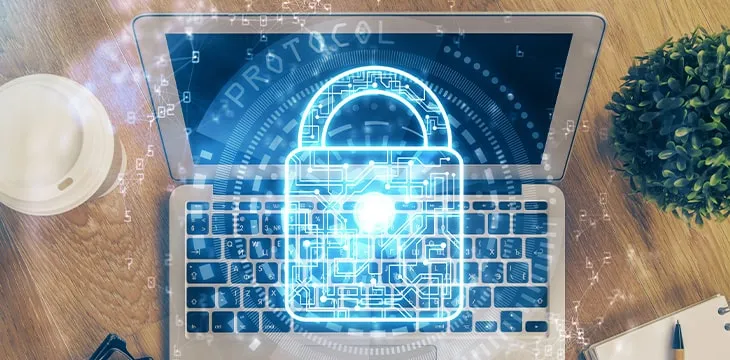|
Getting your Trinity Audio player ready...
|
The Organization for Security and Cooperation in Europe (OSCE) recently held a five-day training course for the law enforcement agencies in Uzbekistan on how to counter digital asset crime.
The training course took place in the capital Tashkent and was organized by the OSCE’s Transnational Threats Department in collaboration with the local office in Uzbekistan. The sessions drew attendance from the Ministry of Internal Affairs, the State Security Service of Uzbekistan, and enforcement agents from the Ministry of Internal Affairs.
The course outline included the latest techniques in seizing digital assets from bad actors, blockchain analysis, and the rudiments of anonymity and obfuscation techniques. Per the announcement, the course was based on the materials provided by the European Cybercrime Training and Education Group (ECTEG).
The OSCE set up a computer training facility to be used by the General Prosecutor’s Academy to augment the training received. Gayrat Musaev, Head of ICT for the General Prosecutor’s Academy, noted that the provision of hardware and software by the OSCE “provides an excellent technical basis for our future learning.”
“Digital technologies have been transforming the criminal landscape and educating law enforcement in this area requires a long-term and systematic approach,” said Evgeniy Kolenko, Academy Head. “Our Academy aspires to become the leading institution on cybercrime education for the criminal justice actors in Uzbekistan.”
The national government has approached digital assets with skepticism and banned the trio of Binance, FTX, and Huobi from the country for operating without a license. The OSCE, on the other hand, has been organizing training for Central Asian countries, with Azerbaijan, Russia, Tajikistan, Turkmenistan, Mongolia, and Uzbekistan all taking part in the exercise back in 2020.
Reining digital asset crime
Law enforcement agencies are seizing the bull by the horns in their quest to police the digital assets industry. The International Criminal Police Organization (Interpol) disclosed at its 90th General Assembly in India that it will give keen attention to virtual currency crime by encouraging cooperation amongst member countries and using state-of-the-art technology.
Already, Interpol has issued a “red notice” against Terra’s co-founder Do Kwon and is collaborating with member security agencies in the massive manhunt.
In the United States, the Department of Justice (DOJ) created a Digital Asset Coordinator (DAC) Network designed to “disrupt and prevent the exploitation” of virtual currencies by bad actors. The DAC network comprised 150 designated federal prosecutors for U.S. Attorney offices around the country.”
The U.S. Securities and Exchange Commission (SEC) has also seized the initiative to expand its digital assets monitoring arm to crack down on fraudsters and projects violating existing federal securities law.
Watch: The BSV Global Blockchain Convention panel, Cybersecurity: A Safer World with Blockchain

 06-30-2025
06-30-2025 





